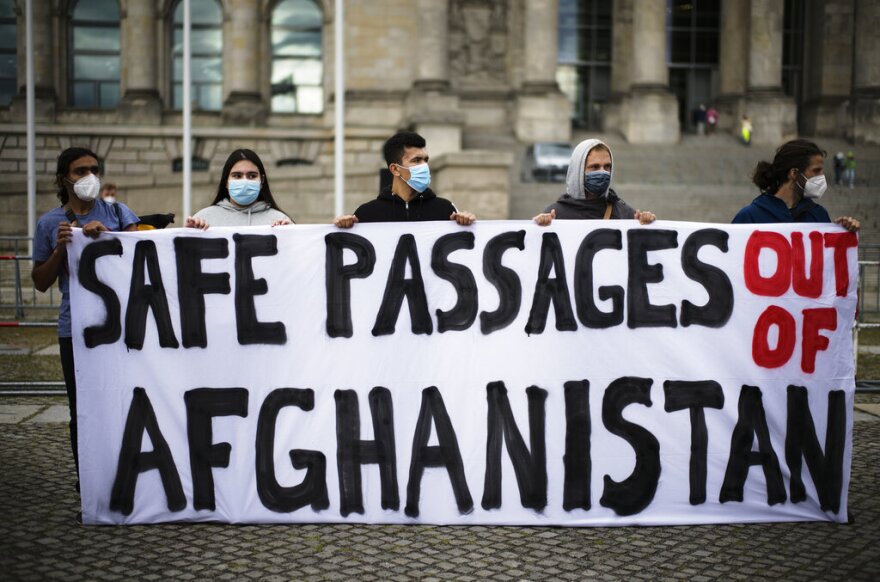Resettlement agencies in Connecticut have been struggling to provide newly arrived Afghan refugees with basic necessities like housing and health care. They said they urgently need communities to step up and help welcome Afghan families who evacuated after the Taliban took over.
“The traditional way of welcoming refugees, using staff to do most of the work, needs to change,” said Chris George, executive director of Integrated Refugee and Immigrant Services (IRIS) in New Haven. He said agencies across the country are overwhelmed with the task of resettling 100,000 families in a matter of months.
“Every refugee agency — and there are about 208 in this country — all of them need to develop a complimentary program of engaging community groups in the resettlement process,” George said.
He said IRIS can train volunteers, but anyone who has ever looked for an apartment, enrolled a child in school or signed up for health care can help support Afghan families as they integrate into their new communities. There are currently tens of thousands of Afghans living on U.S. military bases as they await placement.
“They cannot stay on those military bases,” George said. “These are tents. These are not permanent housing. And it's just not a place where families should be. I'm hoping that this community-based model will really take off.”
George spoke at a meeting of the Humanists and Freethinkers of Fairfield County to urge volunteers to sign up.


